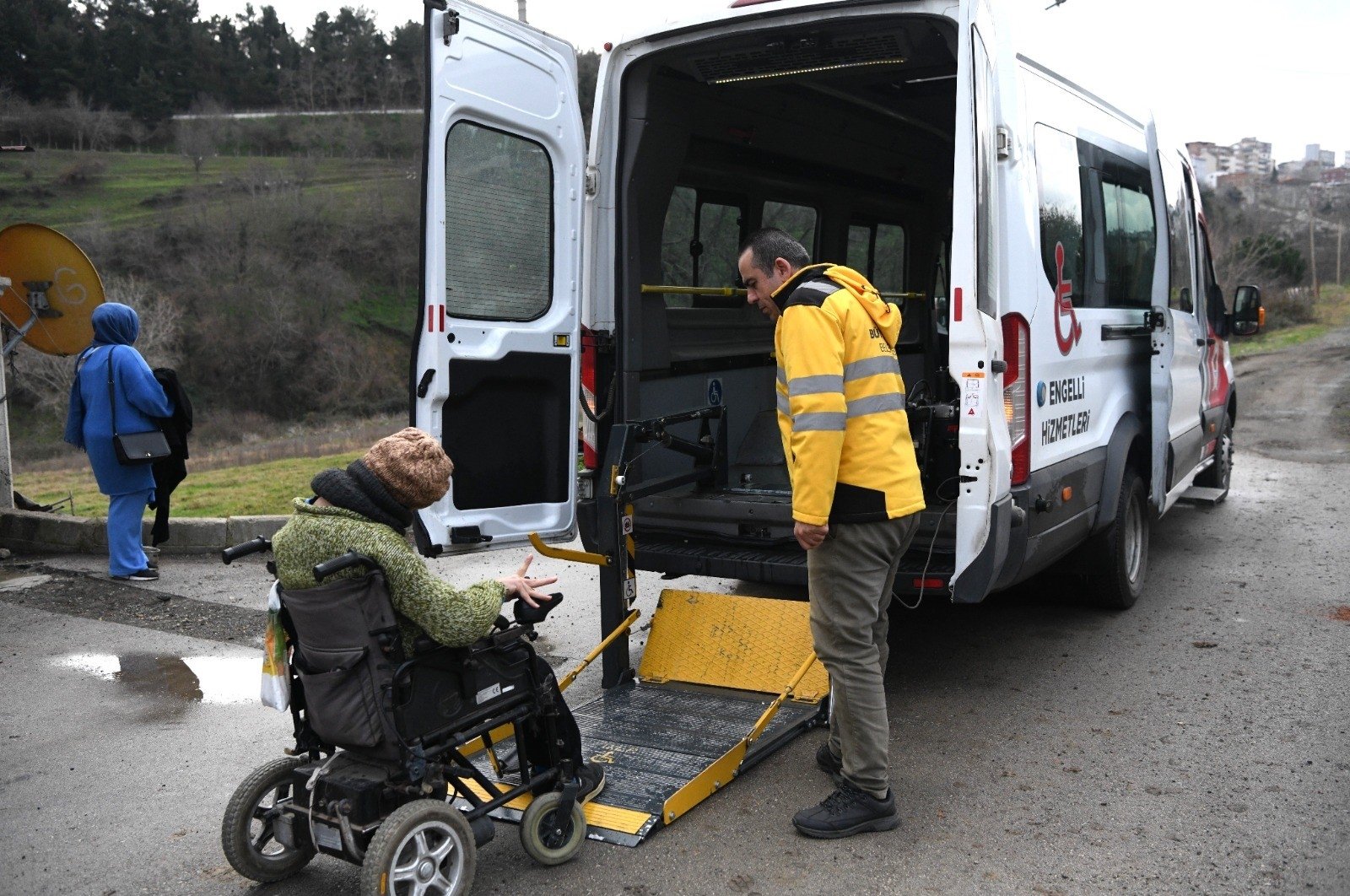Türkiye has undergone a significant transformation in its welfare regime over the past two decades, despite facing various challenges such as the Great Recession, the COVID-19 pandemic, and the 2022 Russian war. The country has made substantial investments in social transfers and welfare allocations, leading to an exponential increase in per capita health care expenditure and retirement payments. Türkiye now allocates a significant portion of its GDP to pensions and social spending, ensuring that almost all of its population is covered by social security umbrella and protection, including General Healthcare Insurance. This increase in social protection expenditure has contributed to improving the well-being of society, reducing income inequality, and preventing extreme poverty. Although facing recent fluctuations, Türkiye continues to increase its social protection expenditure, highlighting the country’s commitment to social welfare policies.
Disabled individuals are among the vulnerable groups benefiting from Türkiye’s welfare expansion. Globally, the disabled population is growing, with 1.3 billion people living with extreme disabilities, facing various health inequities and barriers to social inclusion. Disabled individuals are more likely to experience poverty, exclusion, and health disparities, highlighting the importance of addressing their needs and ensuring their participation in society. The World Health Organization underscores the significant challenges faced by people with disabilities and advocates for transforming disability into ability through inclusive social policies.
Türkiye has a significant disabled population, with various welfare programs and support measures in place to assist them. The government provides home care assistance, disability allowances, health care services, transportation benefits, tax deductions, and employment opportunities for the disabled. These initiatives aim to improve the quality of life for disabled individuals, enhance their access to essential services, and prevent discrimination and social exclusion. By prioritizing informal care and community-based support, Türkiye seeks to empower disabled individuals to be self-sufficient and contribute positively to society.
The debate between institutional care and in-home care for the disabled is ongoing, with Türkiye embracing a pro-family welfare stance that favors informal care and community-based solutions. The establishment of small-scale, residential area-based institutions called “hope houses” reflects Türkiye’s cultural values and social construct, emphasizing the importance of caring for elderly and disabled individuals at home by their families. The country’s cultural sensitivity towards in-home care and family support requires attention and further scrutinization to ensure that welfare policies align with societal norms and values.
As Türkiye continues its efforts to enhance its welfare regime and support vulnerable groups such as the disabled, there is a need for ongoing research, evaluation, and policy adjustments to address the evolving needs of society. By focusing on inclusive social policies, empowering disabled individuals, and promoting their participation in all aspects of social life, Türkiye can further advance as a welfare state and ensure the well-being of all its citizens.







